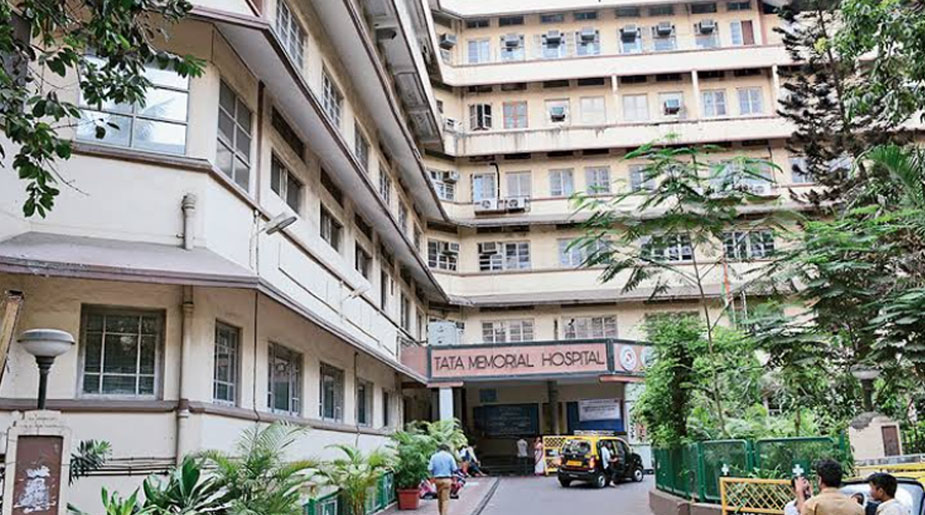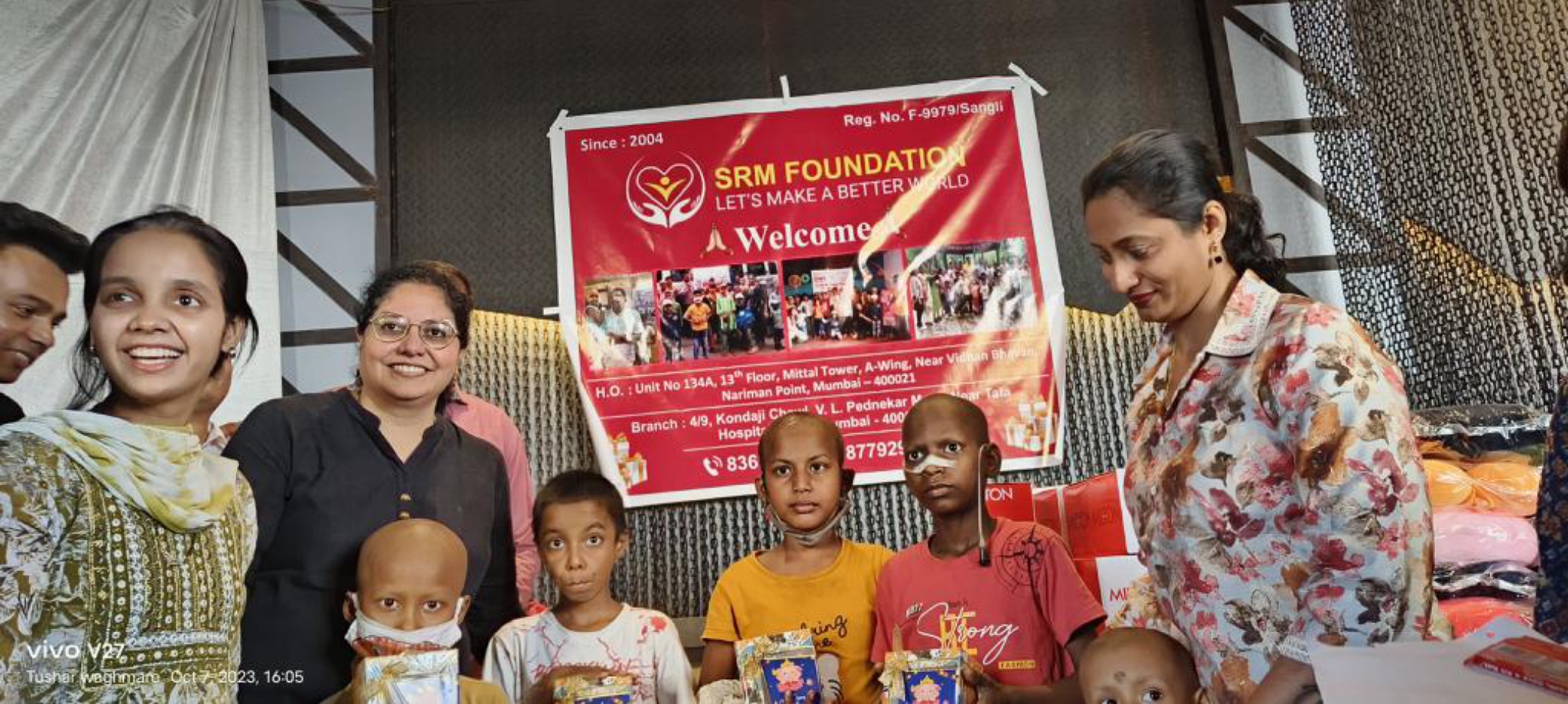Comprehensive Guide to Tata Cancer Hospital: Essential Information and Patient Guidelines
Empowering cancer patients with vital knowledge and support at Tata Cancer Hospital—your path to better care and informed decisions. Tata Cancer Hospital, officially known as the Tata Memorial Hospital (TMH), is one of India’s most prestigious and well-respected cancer treatment and research centers. Located in Mumbai, it serves as a beacon of hope for cancer patients across the country.
About Tata Cancer Hospital
Tata Cancer Hospital Overview
Tata Memorial Hospital in Mumbai has been leading the fight against cancer for more than 70 years. Started in 1941, it is the best hospital for cancer treatment in India. The hospital is a division of the Tata Memorial Centre. They have a 700-bed facility, out of which half are for daycare patients and the other half for inpatients. TMH is renowned for using different methods to cure cancer. They offer many treatment options, like chemotherapy, advanced surgeries, bone marrow transplants, and radiation therapy. Patients at Tata Memorial Hospital can use the latest drugs and advanced treatments. The hospital focuses a lot on research and new ideas, helping to improve cancer treatments.

Founded by the trustees of the late Sir Dorab. Tata as a memorial to the philanthropy of Mr. J. N. Tata and his two sons, Sir Dorab and Sir Ratan, this fine hospital came into being in 1941
Some amazing facts about Tata Memorial Hospital, Mumbai
History and Establishment:
- Founded: The hospital was established in 1941 with the help of the Tata family and Sir Dorabji Tata Trust.
- Affiliation: Tata Memorial Hospital is affiliated with the Advanced Centre for Treatment, Research, and Education in Cancer (ACTREC).
- Objective: The primary objective is to provide the best cancer treatment and promote cancer research and education.
Facilities and Services:
- Outpatient and Inpatient Services: TMH offers extensive outpatient and inpatient services, including chemotherapy, radiotherapy, and surgical oncology.
- Specialized Units: The hospital has specialized units for various types of cancers, such as breast, lung, head and neck, and pediatric cancers.
- Diagnostic Services: It provides advanced diagnostic services including CT scans, MRI, PET-CT, mammography, and biopsy.
- Treatment Modalities: TMH offers surgery, chemotherapy, radiation therapy, immunotherapy, and targeted therapy.
- Supportive Care: The hospital also provides palliative care, pain management, and rehabilitation services to improve the quality of life of patients.

Research and Education:
- Research: TMH is actively involved in clinical and translational research to discover new treatments and improve patient outcomes.
- Education: It offers various educational programs, including fellowships, residencies, and training for healthcare professionals in oncology.
Accessibility and Affordability:
- Patient Support: Tata Memorial Hospital is known for its commitment to making cancer care affordable and accessible to all, especially the underprivileged. It provides financial aid, subsidized treatment, and accommodation facilities for outstation patients.
- Location: The hospital is located in Parel, Mumbai, easily accessible by public transportation.
Guidelines for Cancer Patients
By following these guidelines, cancer patients can navigate their treatment journey more effectively and improve their chances of a successful outcome. Tata Memorial Hospital remains a critical resource in this journey, offering world-class care and support to patients and their families.
Before Treatment:
- Consultation: Always consult with an oncologist to understand the type of cancer, its stage, and the available treatment options.
- Second Opinion: Consider getting a second opinion, especially for rare or complex cancers.
- Prepare Mentally: Cancer treatment can be challenging. Mental preparation and support from family and friends are crucial.
During Treatment:
- Follow the Treatment Plan: Adhere strictly to the treatment plan prescribed by your doctor, including medication, diet, and lifestyle changes.
- Stay Informed: Understand the side effects of your treatment, and communicate any discomfort or symptoms to your healthcare team.
- Nutrition: Maintain a balanced diet to keep your strength up during treatment. Consult a nutritionist for a cancer-specific diet.
- Hygiene: Keep good personal hygiene, especially during chemotherapy, to avoid infections due to a weakened immune system.
- Regular Monitoring: Attend all follow-up appointments and undergo regular monitoring as advised by your oncologist.
After Treatment:
- Rehabilitation: Post-treatment rehabilitation, including physical therapy, can help regain strength and mobility.
- Follow-up Care: Regular check-ups are crucial to monitor for any recurrence of cancer or late side effects of treatment.
- Healthy Lifestyle: Adopt a healthy lifestyle, including a nutritious diet, regular exercise, and avoiding tobacco and alcohol.
- Support Groups: Engage in support groups or counseling to cope with emotional and psychological challenges post-treatment.
General Guidelines:
- Stay Positive: Maintaining a positive attitude can significantly affect your overall well-being during the cancer journey.
- Family Involvement: Involve family members in discussions with healthcare providers to ensure they are aware of the treatment plan and can provide support.
- Emergency Contacts: Always have a list of emergency contacts, including your oncologist, ready in case of any sudden complications.
- Financial Planning: Cancer treatment can be expensive, so plan your finances carefully. Explore options for financial assistance if needed.
- Stay Updated: Keep yourself informed about new treatments, clinical trials, and research developments that might be relevant to your condition.
